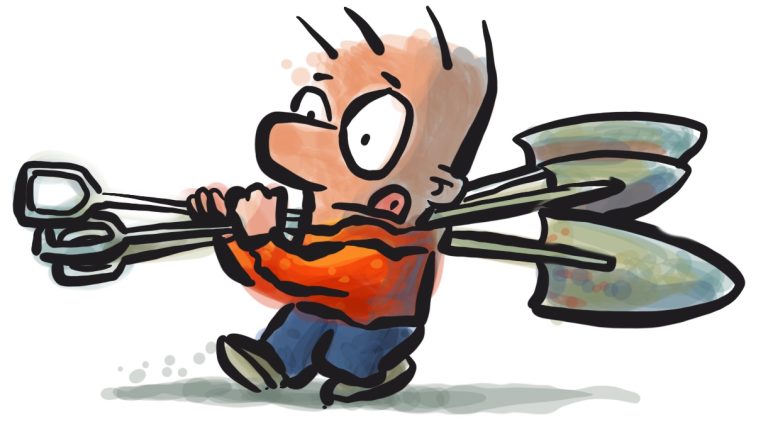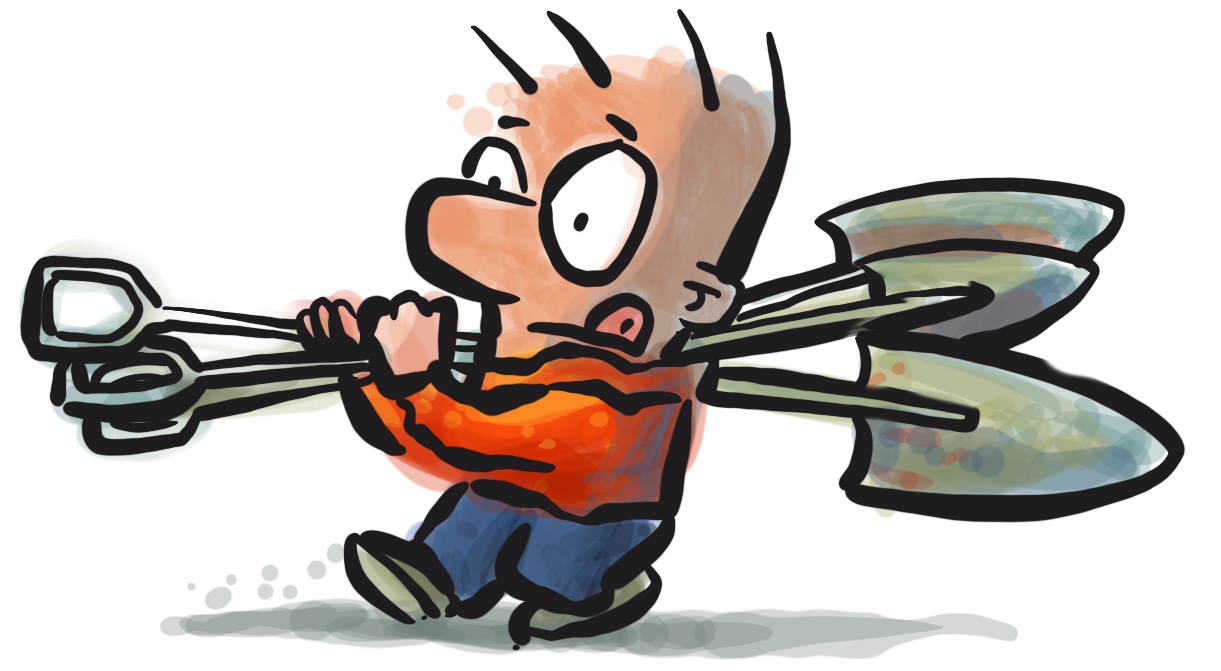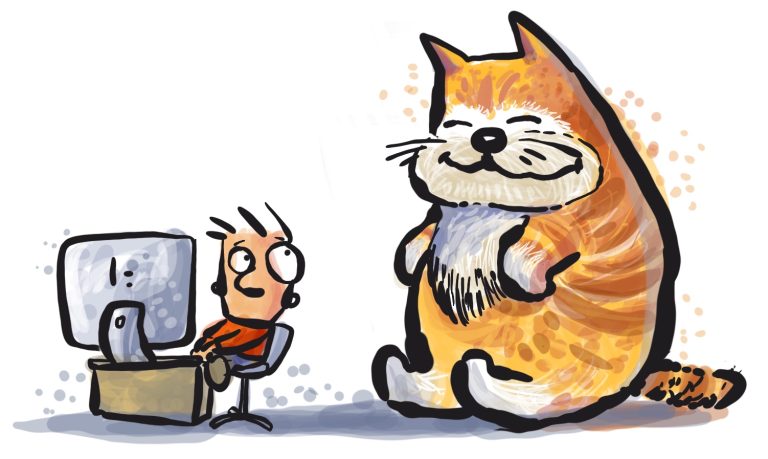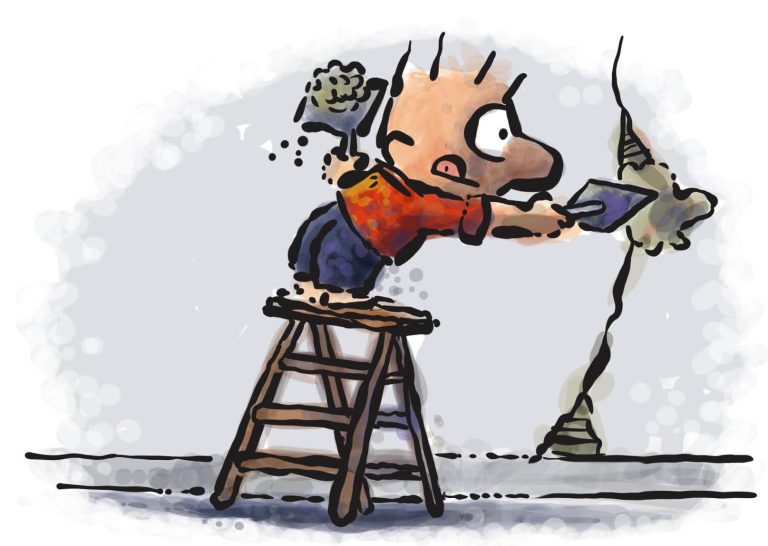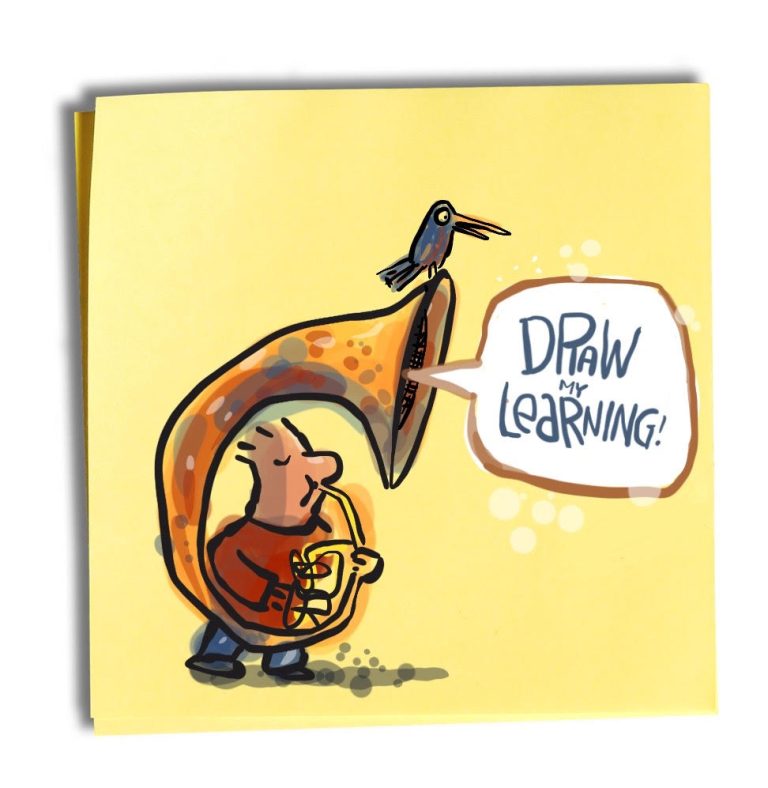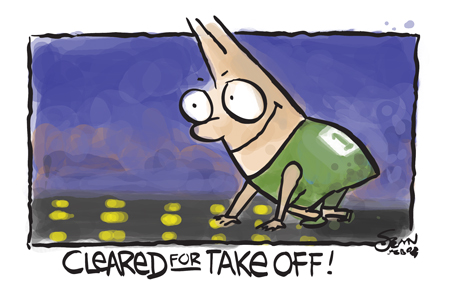
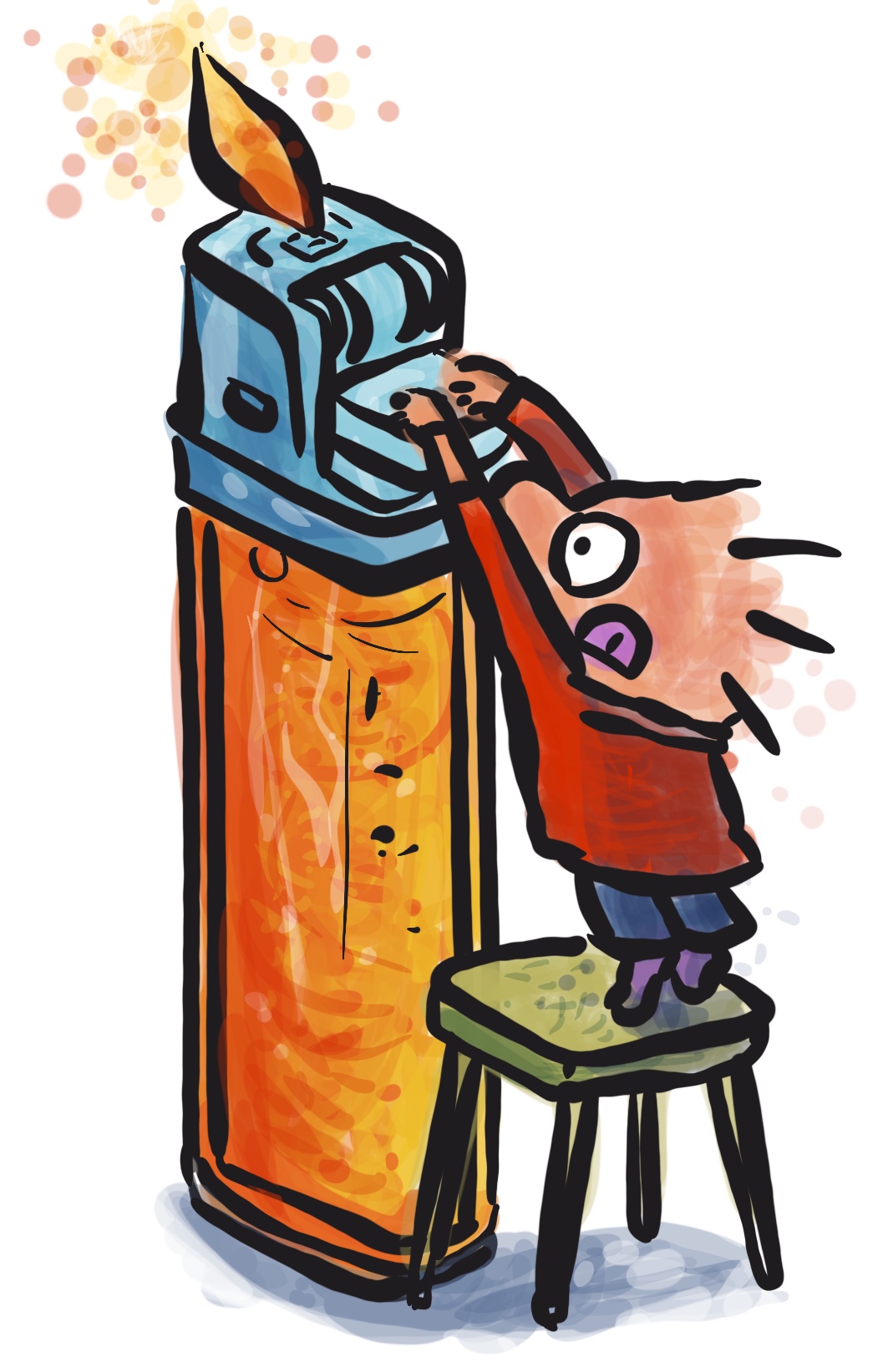 If you ask anybody, you will hear that things have gotten a lot worse.
If you ask anybody, you will hear that things have gotten a lot worse.
But is that the case? And do we have any control over what's happening around us? How do you stay calm even when things don't work for you?
Here are three questions to ask yourself to stop you from falling apart.
Right click to save this episode.
What do you do when someone dumps their junk on your lawn?
We were renovating our kitchen. Since the old kitchen had to be dismantled and removed, we hired a dumpster. This dumpster was located just outside our house and looked enormous.
Yet, within a day of the work starting, it was filled to the brim. The dumpster company wouldn't remove any excessive junk, and it looked like we'd slightly exceeded our quota. Then things took a turn for the worse.
A van drove up early before dawn and emptied its junk on our lawn.
It consisted of an enormous amount of packaging material and cardboard. It wasn't a last-minute decision, either. They'd taken the time to black out all the delivery details and even ripped off the packaging information so we could not track them down.
They knew exactly what they were doing and even tried to force some of the junk onto the top of the dumpster. Then, realising they might be caught in the act, they threw everything on the lawn and drove away.
Would you get mad if something like this occurred?
Surprisingly, we had a chance to get back at these jokers. Like many “crimes”, the perpetrators often make one tiny mistake.
In this case, they had left one label with the courier's name and the tracking number. It was easy to find the address details on the website or call the courier company to explain the situation.
Except, we decided to do nothing about it. We realised they were somewhere in the neighbourhood, and we had at least a tiny chance of confronting them, but we decided to let it go.
Letting go doesn't always work. There are things you should pursue. However, in most situations, we have a few benchmarks that keep us sane.
1- Can I change anything?
2- Can they change anything?
3- Will things get better?
1) Can I change anything?
You know how some people honk like crazy when someone cuts in front of them?
Well, I guess I've done the same before. Right after that honking incident, do you think I feel better? Not at all. My heart is racing, so much of what happens next depends on the other guy. He might give me the finger, which then gets me really mad.
You see where this is going, right?
The problem with something that just happened is that… it already happened. It’s now part of the past. There’s no undo button when you knock over a cup of water. You can yell, jump up and down, even swear—but the carpet is still wet.
We often react strongly to events that are just seconds old but already unchangeable. I call this the “present-past.”
We're faced with dozens of situations in every life that are in the “present-past” tense.
We all live in what I call the “present-past.”
Things happen. We can't change them. But we do get upset.
Why?
We have wanted control since we were babies, and we’ve wanted things to go our way. And when life breaks the rules we’ve come to expect—like traffic rules, or how websites should work—we react.
But I started asking myself: Can I change anything?
If the answer was “no,” I’d stop fretting. I’d stop getting angry at unexpected rain, service downtime, or a waiter's mistake. If you can't change anything, let it go.
However, there's a little twist that comes up when you're dealing with other people. Maybe it's the waiter at the restaurant, or someone who could do a better job. Shouldn't you complain? Shouldn't the organisation do something? It depends on if “they” can change anything.
Let's look at the other side for a change.
2- Can they change anything?
Imagine you went out for dinner and the service was not as amazing as you'd expect. Maybe the waiter mixed up the order. At this point, most people get really upset.
“I need to speak to your manager”, they say angrily.
If you were to go back to the restaurant a day later, would the waiter be fired? Not at all. That's not because the restaurant doesn't care about your complaint. If they're smart, they'd give you a free dessert and even take the item off your bill, but they're not likely to fire the staff member.
It's because they often can't.
It takes a lot of time to get the staff member up to speed. Even if you are able to fire someone on the spot, you have to replace them with someone. That someone has to be trained, or needs some time to get used to your system.
This is why you will run into situations where nothing changes very much. The restaurant or the service provider has other issues they need to consider. The job market may be very tight too, and they may not get as many applicants.
In an unreal world, everything would work out just fine.
However, since there's always going to be hiccups, it's best to take those hiccups as part of the experience. Yes, you can complain, but most of the time it will not result in you having a better experience.
You will be angry, your friends and family will feel the frustration, and all you'll end up doing is complaining for the rest of the night.
I used to be that complainer.
I'd get upset, and then go on endlessly. At some point, I decided that in most cases, the organisation can't easily make changes.
Hence, if I step into a café and the coffee is bad, I simply pay the bill and don't drink the coffee. I move on to the next café and with a little luck, they meet with my expectations.
I suppose the only time you'd ever want to complain is if the situation recurs.
If the lawnmowing guy is always messing up, you have to complain or get a completely different service. If the coffee is terrible several times in a row, you'd have to let them know, or move on. However, barring a recurring problem, you can quite easily ignore the problem.
Why? It's because the organisation can't easily make changes. If you want to make changes, you'll have to make those changes to yourself. That allows you to keep calm even when things go awry.
3- Will things get better?
Remember those guys who dropped their junk on our lawn? We could have gotten revenge. While we were on our walk, we spotted the van and the remaining packaging material outside their house.
Would dumping our garbage, or even theirs, as payback be better? I don’t think so. Even if we could justify our actions, it would only bring us some petty satisfaction. On the other hand, it could also start an unwanted battle.
In most cases, it’s better to do nothing.
While this may sound like being walked over, that’s not the case. I’ve seen the other side of the battle too. When I was 13, my parents were involved in a property dispute that went on for over two decades when I was 40. Was it worth it?
I don’t think so, which is why sometimes it’s better to do nothing. In this case, it might have been better to come to some agreement and settle. Both sides are never going to agree on the terms, but it’s possible to come within striking distance and settle.
We’ve had issues with the neighbour and the fence, and it got settled with a little give and take. On the other hand, we’ve had our products pirated for over two decades, and we’ve never bothered to go after the pirates. Sometimes, you just don’t bother.
Parents know this rule: you can’t win every battle with your kids.
Well, that rule is true for most things in life. Your calm is more important than winning some petty points here and there.
There may be some things that you have to fight for, but most of the things that drive us crazy don’t fall into that category. Instead, it’s the tiny, inconsequential things that set us off. And things don’t get better, so why bother? Stay calm.
Ask yourself:
1- Can I change anything?
2- Will THEY change anything?
3- Will things get better?
Yes, that’s a heck of a checklist when you’re upset, but work on it one item at a time. You’ll be shocked at how quickly you can get to calm and stay calm all day long.

